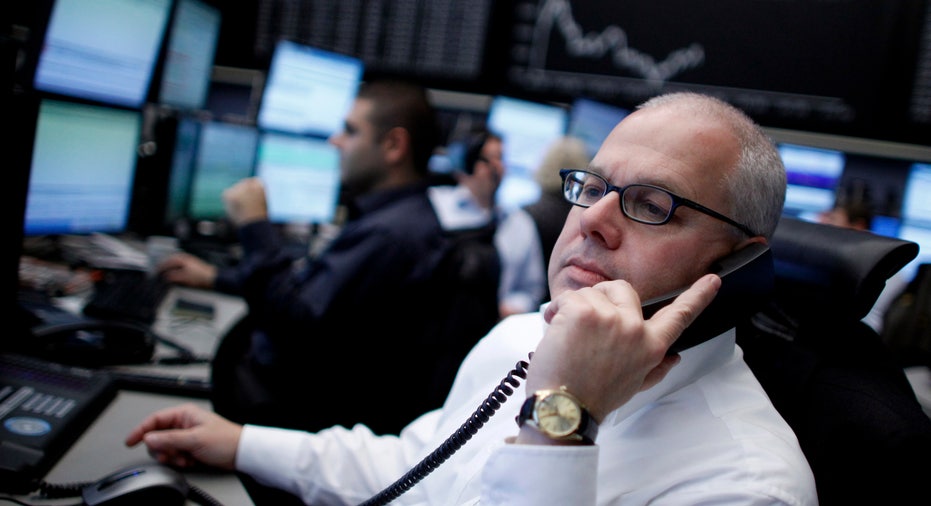Inflation Versus Market Risk

Picking the best savings vehicle for your situation requires looking at all manner of threats to your money. Some are transparent while others are hidden.
For instance, buying a certificate of deposit guarantees that a saver will earn a stated interest rate over a known period of time. On the surface, the trade-off involves locking up money for a number of months or years in return for interest payments. To get out of the deal early, savers face a penalty fee.
But there are unseen elements of risk too: inflation and interest rate risk.
Barring a suddenly buoyant economic recovery, interest rate risk has been minimized by the Federal Reserve's pledge to keep the federal funds rate targeted near zero percent at least as long as the unemployment rate remains above 6.5 percent. Most Federal Open Market Committee members believe economic conditions will warrant a rate increase in 2015. Savers who buy a CD or a bond in 2013 can be relatively confident that the Federal Reserve won't monkey around with rates in the near term, leaving savers high and dry with underperforming investments.
The effects of inflation on savings can only be mitigated by earning an interest rate at or above the rate at which consumer prices rise. You've no doubt heard the phrase, "a dollar just doesn't go as far as it used to." Simply put, prices go up but your money supply doesn't.
The good news for savers is that inflation is low right now. The January reading of the Consumer Price Index for Urban Consumers, or CPI-U, showed that inflation was flat from November to December and clocked in at 1.7 percent for the entire year.
Despite the relatively tame level of price increases, the current inflation rate handily trounces the average five-year CD rate of 0.87 percent. The bright side for savers is that there are some high-yield options that beat inflation. Barclays and Nationwide Bank offer yields at or above inflation, according to Bankrate's CD rates tables.
Here's the catch: That rate is for five years. During that time, inflation may heat up and interest rates could rise. Depending on your plans for the money and your risk tolerance, it may make more sense to explore more perilous options than CDs. Earning a higher return will allow your savings to at least keep up with price increases over the years but again, nothing in life is free. Higher returns come with higher levels of risk.
How much risk can you tolerate?



















